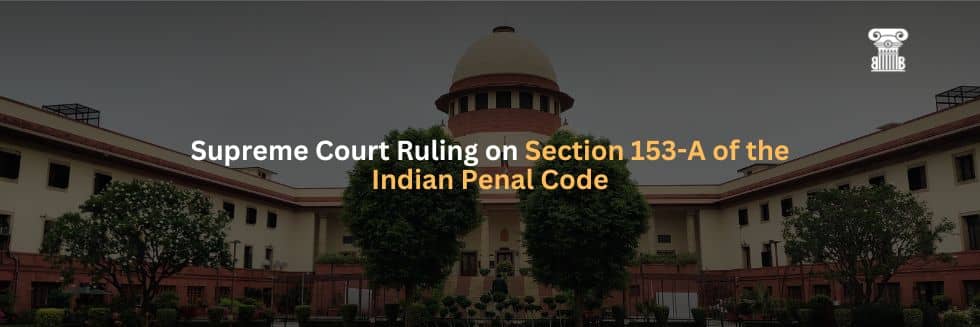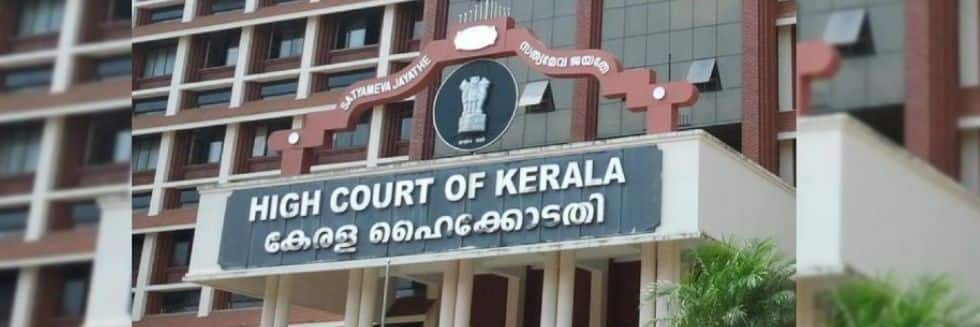In a recent judgement, the Supreme Court of India presided over by Justices Abhay S Oka and Ujjal Bhuyan, ruled that the mere potential for a few individuals to harbour ill will or hatred is not sufficient grounds to invoke Section 153-A of the Indian Penal Code, 1860 (IPC). This ruling was made in the case of Javed Ahmad Hajam v. State of Maharashtra & Anr.
Case Background
The case centred around an appellant, a college professor in Maharashtra, who was charged under Section 153-A of the IPC for messages he posted on his WhatsApp status. These messages, which criticized the repeal of Article 370 and extended greetings to Pakistan on its Independence Day, led the state to file a First Information Report (FIR). The appellant subsequently filed a writ petition to quash the FIR, which was dismissed by the High Court, prompting an appeal to the Supreme Court. The state government found the appellant’s messages objectionable, alleging they fostered disharmony. The High Court deemed some parts of the messages offensive under Section 153-A of the IPC, while others were considered harmless.
Court Observations
The Supreme Court scrutinized the applicability of Section 153-A of the IPC in the appellant’s case, emphasizing that the law necessitates an intention to foster enmity or hatred among groups. The court found that the messages did not meet this requirement. The court underscored the significance of the freedom of speech and expression, as guaranteed by the Constitution of India, 1950, subject to reasonable restrictions. The court ruled that the appellant’s messages, while critical of certain government actions, did not incite hatred or disharmony among groups. The court reasoned that expressions of dissent and criticism are fundamental to democracy and should be safeguarded. The court also stressed that gestures of goodwill, such as extending greetings to Pakistan on its Independence Day, do not equate to promoting disharmony. Consequently, the Supreme Court allowed the appeal.
Laws Related to Promoting Enmity Between Different Groups
Old Law: Section 153A of the IPC
Section 153A of the IPC pertains to the promotion of enmity between various groups based on religion, race, place of birth, residence, language, caste, or community. The section prohibits actions that promote disharmony, acts prejudicial to harmony, and organizing or participating in activities involving criminal force or violence. Penalties include imprisonment of up to three years, a fine, or both. Committing the aforementioned offences in any place of worship or religious assembly carries harsher penalties.
New Law: Section 196 of Bharatiya Nyaya Sanhita, 2023 (BNS)
Section 196 of BNS addresses the same concerns as Section 153A of IPC but extends to include electronic communication as a means of promotion, thereby covering a broader spectrum of communication methods.






